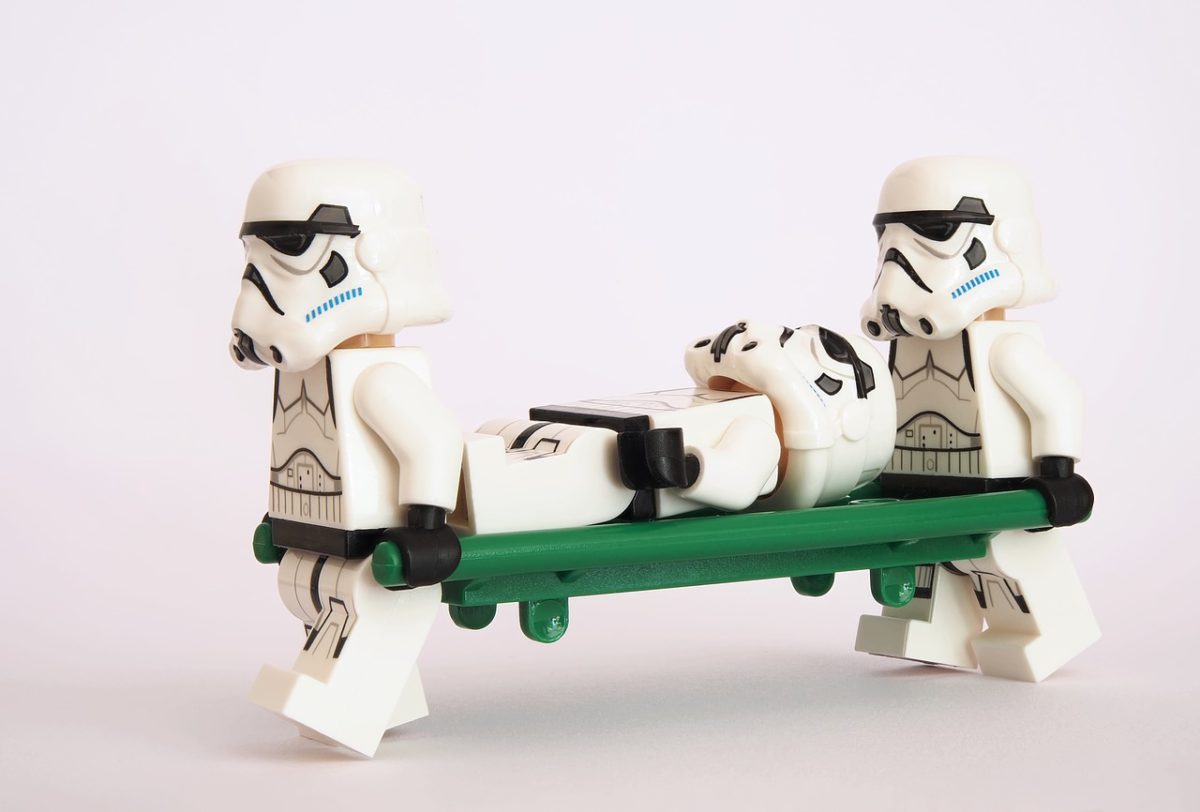
What Is… Medicine?
- July 6, 2017
- Eleanor Booth
Medicine is one of the most challenging degrees out there. It sets its graduates on a path of endless learning and responsibility. Doctors have the power to change the lives of their patients; they play have a role in our society that we often underestimate.
Heather, who is in her final clinical year at Cambridge University, fills us in on some on the challenges, advantages and realities of being a medical student.
Why did you choose to study medicine?
“For me, I think the biggest influence was my parents; both my parents are disabled and have become more unwell over time. As the eldest, I felt responsible for them and became progressively more involved in their care; I wanted to become a doctor to help people like them and to improve some attitudes which I had witnessed.”
What was the application procedure like?
“I remember putting myself under lots of pressure for the application process. I made myself sick with stress. In hindsight, this was unnecessary and I’d just built it up in my head.
“While studying, I’ve worked as a tutor and seen students struggling with the same pressure. I’m a firm believer in hard work, but it’s important not to be drawn into thinking you need to have cured cancer before applying.”
How were the first three years of your course?
“It’s fair to say that I found the first three years incredibly challenging. I was diagnosed with a learning disability and struggled with my mood. I ended up taking a year out to recover.
“It was difficult, but I’m much stronger for it and a much better doctor. It’s so important for students to know what help is available and to talk about mental health.”
How have you found your clinical training so far?
“Clinical training has been absolutely wonderful. Even as a medical student, we’re put in a remarkable position of trust; I have seen the best (and worst!) of humanity and I’ve done some incredible things. Unfortunately, pressures on the NHS make the job harder and harder for staff trying to provide good care with insufficient resources.
“My training has occurred at a time when doctors have taken industrial action for the first time in decades and now nurses are considering action. As I near the end of university, I see more and more patients being failed by systems of health and social care. It’s concerning.”
What did you expect on your first day?
“I remember going to clerk my first ever patient on the wards. The whole system was really intimidating, the nurses were busy and our consultant had tasked us with taking a history from a patient – alone!
“My clinical partner and I spent an hour blundering our way through a set of questions which should take only six minutes. The patient had a relatively rare and complex case and was very patient with us. To this day I think she’s taught me more about the condition than any textbook.”
Did you always want to become a doctor?
“There was a time where I wanted to become a teacher and it’s still something I want to do. Teaching is really special; I don’t think we give enough credit to schools. One of the great things about medicine is how diverse it is; I’ve become heavily involved with medical education and plan to pursue this further.”
How does your typical day pan out?
“It’s so hard to give a typical day as they’re all so different within and between specialities! As medical students, we typically work similar hours to the doctors. The work is never finished and it can be hard to not get sucked in, sometimes people end up compromising their health and wellbeing. As a student you have to learn to know what is beneficial to your learning and your clinical experience.”
What are the common misconceptions people have about your job?
“There are still some who have ideas of medicine as a financially ludicrous career which involves a large amount of time being spent on the golf course rather than at work. I think that’s changing, but often people are surprised to hear what the take home pay is for the hours worked, after six years of studies.”
What will your job involve in the next year?
“All being well with my exams, I’ll be starting work as a doctor. I’ll have to move house (for the fourth time this year!) and set up somewhere completely new. It’ll be a very steep learning curve but I’ll be well supported.”
Are you excited for your first experience as a junior doctor?
“I’m terribly excited but a little scared too, there’s so much I still don’t know and have yet to experience. Some people thrive on the responsibility, while others struggle. It’s hard to know for sure which I’ll be, but I know I’ll have support if it’s the latter.”
Where are you hoping to specialise?
“When I started medical school I was adamant that I wanted to be a hospital physician. A few years ago I surprised myself by loving surgery. There’s something profound in fixing someone with your hands, quite unlike the other tribes of medicine. I’m very aware that I’m still young and my priorities may change, but for the foreseeable future I want to operate.”
Is there an opportunity for further training?
“The training is endless! Qualifying is only the beginning. I’ve got many more years ahead of me as a junior doctor before I become a specialist. Some of my patients think after qualifying I’m able to become a general practitioner. People don’t seem to understand that GPs are consultants in family medicine, and are experts in their field.”
How could you describe your job in 3 words?
“Demanding, difficult, rewarding.”
—
You can find out more about studying medicine here.
Inspiring Interns is a graduate recruitment agency which specialises in sourcing candidates for marketing internship roles and giving out graduate careers advice. To browse graduate jobs and graduate jobs Manchester, visit their website.







